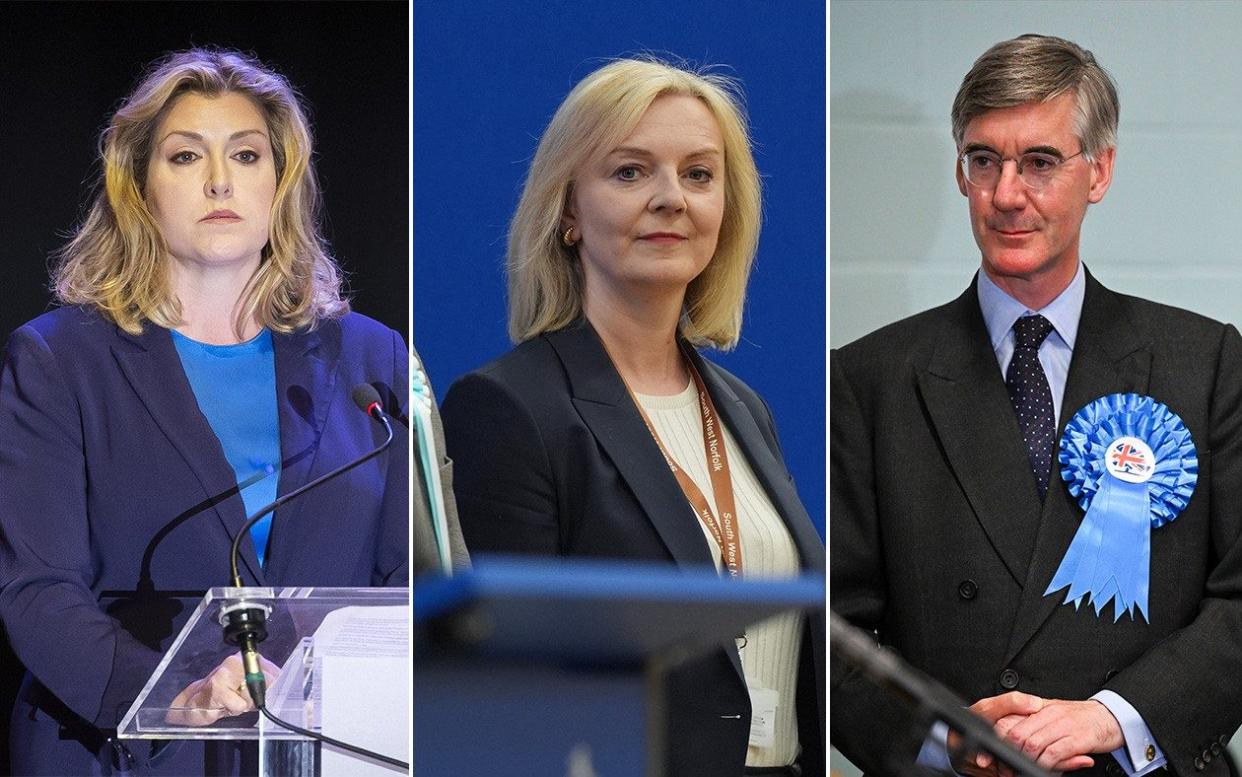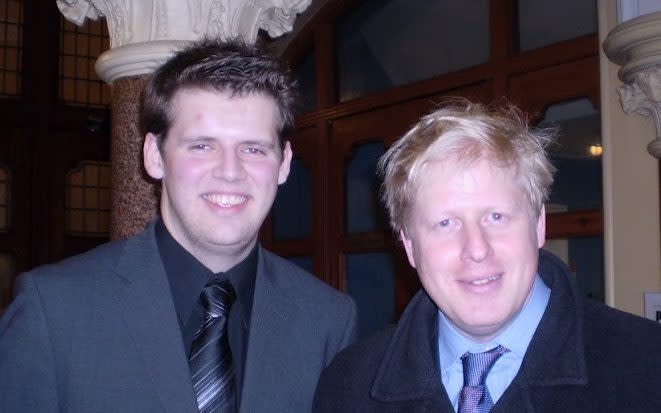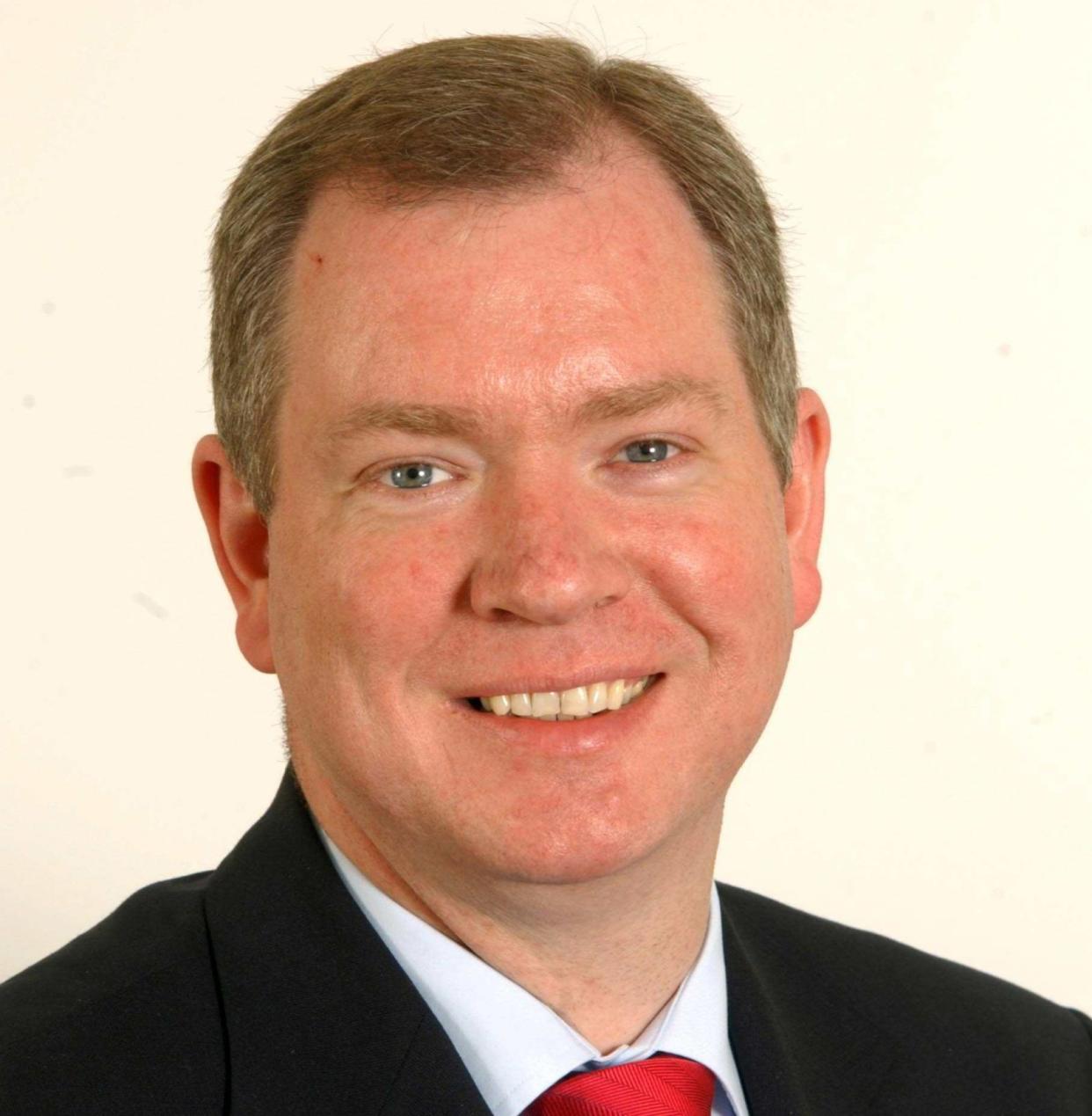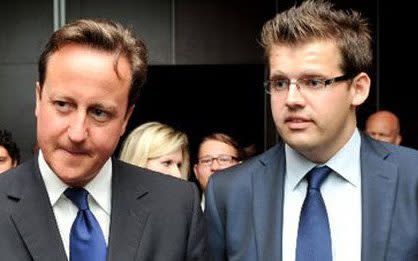‘Thank God it’s over’: What happens when MPs lose their seats

It’s the morning after the long night. For some, the morning after 14 years of being an honourable member of Parliament. But the people have spoken. Whether it was by 500 votes or 5,000, all those years of community surgeries, responding to letters, getting hospitals built or local issues raised in the House Of Commons, didn’t make a blind bit of difference. You’re out. A former MP. What on earth do you do now? And how does it feel?
It helps that we’re no longer surprised by shock defeats, or “Portillo moments”. Even the unedifying spectacle of MPs betting against themselves to win proves that coming to terms with the possibility of defeat is hard-wired in our volatile political atmosphere.
“That doesn’t mean you’re fully prepared for what it feels like,” says Ben Howlett, the former Conservative MP for Bath. “I wouldn’t have admitted this at the time, but I knew as soon as Theresa May called the snap general election in 2017, it was going to be really tough to win.” May was pledging to see off opposition to Brexit and was seeking a mandate to do so – instead, she got a hung parliament. “Before the 2016 EU referendum I’d have expected to retain that seat, but in the back of my mind I knew I had a constituency that voted 73 per cent remain.”
He lost to the Liberal Democrat Wera Hobhouse by 5,694 votes. Looking back, he likens that time to dealing with grief.

“Even the day after you’ve got a big crowd around you; [local] activists, campaign staff, your own team. You keep going for them because some of them will have also lost their jobs. It was when Monday came around that I had the breakdown cry in the kitchen – after my phone call with Theresa May.
“It wasn’t her commiserations that made me cry, it was the realisation that I was on my own now. That’s when you really need a support mechanism.”
Or, indeed, the kind of phlegmatic, practical approach to defeat that Scottish Labour Party MP Tom Harris took when the SNP’s Stewart McDonald won his Glasgow South seat in 2015. The campaign had been so difficult – Harris said he’d known for months that he was going to lose – that by the time he digested the staggering 34.7 per cent swing, it was almost a relief.
“It was like saying goodbye to a terminally ill relative you didn’t like – you know you shouldn’t celebrate but it was easier when the end finally came,” he says.
Harris is joking, but there is some truth in what he says about how being mentally prepared for defeat. It immunised him from feeling devastated at the time, but then ready to take on the next challenge.
“I had to do that practically, because my office employed my wife, so we knew we’d be looking at a joint income of over £100,000 going to zero the next day, with a large mortgage to pay and two kids in primary school to support,” he says.

Judging by the similar experience of Charlotte Leslie in 2017, the former Conservative MP for Bristol North West, it helps psychologically if you feel that not only is defeat inevitable – it’s possibly not exactly your fault in the first place.
“The minute Theresa May called the snap election, I knew I’d lost,” she remembers.
Like Howlett in nearby Bath, the majority of Remain voters in her constituency used this election as a judgment on Brexit. So on the train back to London, Leslie committed herself to thinking “the rest of my life starts here.”
Not that she could tell her activists, campaigners and team, of course.
“I still put everything into it, for them as much as anyone else,” she says. “What people forget is that there is a huge responsibility to your staff – they are the ones who are hit far harder by a snap election than the MPs themselves.”
Harris, too, emphasises that he needed – and wanted – to keep going for his team, even turning up to the count when advised not to, just so he could support the people who worked so hard in his campaign.
“It was funny, I did some media too – I had nothing to lose – and the BBC reporter said: “‘Tom Harris, you seem to have lost. Why do you think that is?’” And I just responded: “Votes’” – and didn’t follow it up. It became known as the Harris Doctrine by smart—political correspondents. And then I went home, gave my wife Carol a cuddle and we took the boys to the cinema the next day. Yes, it was upsetting, but we were prepared for it.”
Once the fateful election day came for Leslie, however, she was still surprised by her depth of feeling. “I leant against the wall and felt this enormous weight drop off my back, and I actually said; “‘Thank God, it’s all over.’” I felt this sense of euphoria, which has oddly has never left me. I knew I’d done my best, I could be proud of what I’d done, but now I could have my own life for me again.
“Then all the practicalities kick in. Moving house, moving jobs, ending relationships with people… it’s destabilising even when you’re not an MP. It is like a grieving process; it took me about a year and a half to settle down and get over this transition.”

It is telling how frustrated Harris, Howlett and Leslie were – and remain – at being at the mercy of the wider political situation. They could have been the most brilliant constituency MPs ever – and they all say how much they loved the casework. Howlett says he felt “at the behest of a leadership who had no idea of the reality outside the Westminster political bubble and took massive gambles.”
Harris thinks it was even more simple than that in his case.
“People still come up to me and say in response to a comment that I’ve made: ‘that’s why you lost your seat.’ No, it wasn’t. It was because I had Scottish Labour next to my name…, which was an unpopular party at that time. Whether you were a good MP or a bad MP made absolutely no difference.”
But oddly, there is a kind of comfort that can be gained from being swept up in a seismic election swing – it’s clearly not a personal referendum on your ability as an MP. “I think 40 out of 41 Labour MPs lost their seats in Scotland that year,” he remembers. “If it had been only six of us, and I was one of them, I would have felt bloody awful.”
So what do you do with that new-found freedom? Howlett thinks there’s an opportunity for Parliament to do more to help former MPs not just financially after they lose, but also in retraining and career advice. “It would be much more healthy than the current situation where a lot walk straight into a publicly appointed role without accountability and scrutiny,” he says.
Howlett ended up in the fortunate position of being able to take some time and navigate his way towards being Chief Executive of Chamber UK. Calling itself a “do tank” rather than a think tank; they go around the country talking to people and communities, understanding and analysing how policy is put into practice. Only this week he’s been on the last-minute campaign trail with every major political party.
“It’s not comparable to the job of being an MP, but it’s just as fulfilling,” he says. “And I really enjoy having dinner with my parents in the middle of Bath without someone coming up to me and hurling abuse about my latest vote [in the Commons],” he laughs.

But that’s not to say it’s been plain sailing, either. Howlett was diagnosed with PTSD relatively recently; the murders of MPs Jo Cox and Sir David Amess in office deeply affected him, not least because they triggered his own memories of being chased around Bath by a mob when he was elected in 2015.
“All I kept thinking was that it was my fault I didn’t do enough to prevent the kind of situation that led to people like David getting killed,” he says. “I’m definitely a lot more empathetic to MPs these days, and I would be telling the defeated ones to take a break if they can, don’t jump into anything, and don’t expect anyone [ministers] to give you a role, either.”
Howlett’s struggles chime with Leslie. While she relatively quickly became director of the Conservative Middle East Council, she says it took her a long time to realise just how much she had given of herself as an MP.
“I’d sacrificed everything and it takes quite a long time to recover from that. With my work in CMEC, I now see what an extraordinary target you are as an MP for all the worst people in the world. I had some sort of sense of that while I was an MP, but any new intake definitely needs rigorous, sobering training.”
So maybe defeat doesn’t need to be the life-defining disaster it might initially appear. Neither Howlett nor Leslie particularly miss being an MP. Harris has remained the most politically active, but even he has learned not to take anything personally.
“When the tide turns, you’re going to be swept out with it, that’s the thing to learn,” he says. “You can be the most exceptional MP, but the electorate won’t care. That is just the way politics works.”



